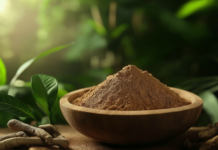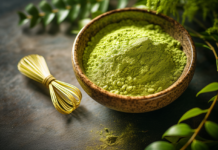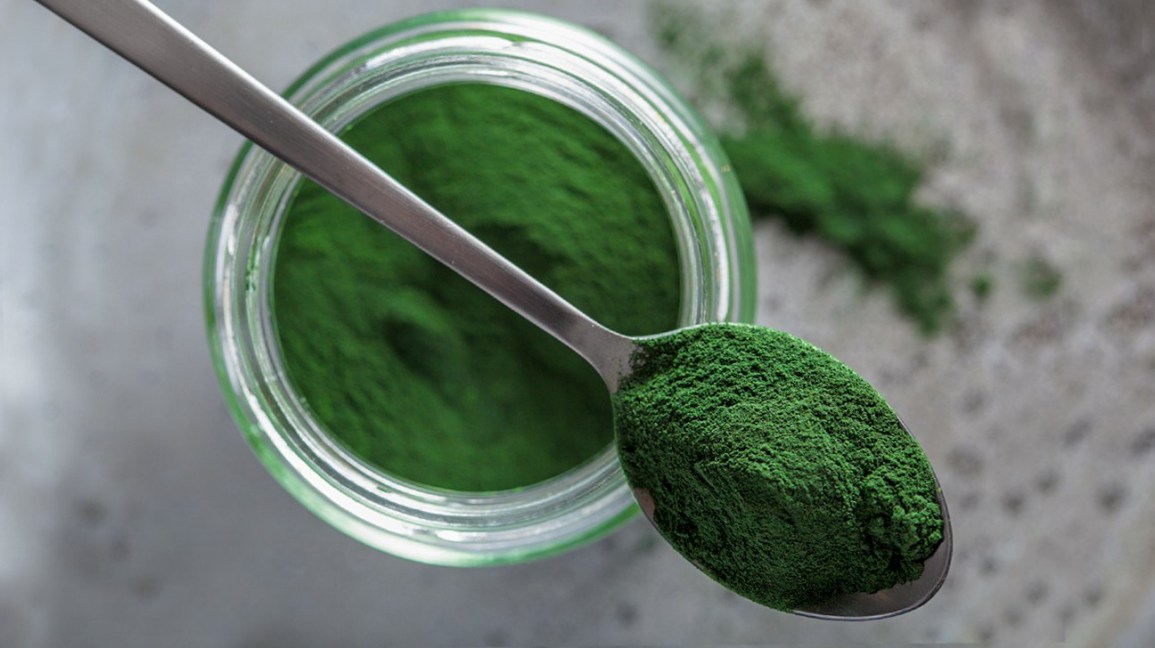The Hyptis crenata herb has long been used in Brazil to treat mild pain, but until now it had never been subjected to scientific testing.
To find out if the herb really works as a pain reliever, researchers at the University of Newcastle consulted Brazilian healers to find out how they prepare the tea. They then made up a solution for mice containing the equivalent dosage of what most healers use for patients.
They tested both aspirin and mint tea on mice, and found that both treatments were equally effective.
5 Effective Natural Alternative of Aspirin
{qltab title=Devil’s Claw}
Devil’s Claw is a South African herb that has been popular in Europe for couple hundred years. It has proven effective as an anti-inflammatory for arthritis, tendonitis, and muscle pain.
The German Commission E, Germany’s version of our FDA, has approved it as a non-prescription or OTC medicine. It’s not medically recognized by the FDA, but its legality is not an issue currently.
{qltab title=Hawthorn berry}
Hawthorn berry has been used in Oriental Medicine for centuries. It is usually consumed as a tea. You can purchase or make your own tinctures as well, which many consider more potent than teas. Hawthorn berry is a vasodilator (artery and capillary dilator) that also strengthens the heart muscles and helps maintain regular heart beat rhythm.
{qltab title=Magnesium}
Magnesium is vital for heart health. It is necessary for maintaining a steady heartbeat rhythm and it also helps bone matter absorb calcium, thus reducing calcification within blood vessels.
{qltab title=Turmeric}
Turmeric’s active ingredient, curcumin, taken properly will offer faster pain relief from inflammation than turmeric alone.
High dose curcumin enteric coated capsules with piperine, black pepper’s active ingredient that increases nutrient absorption, are excellent for getting past the stomach intact. Enteric coating protects capsules from deteriorating in the early stomach phase of digestion, allowing the ingredients to get into the lower intestines intact.
{qltab title=Willow Bark}
Willow bark is a close chemical relative of aspirin. Like aspirin, willow bark contains salicin, a compound with blood-thinning and pain-relieving properties. After ingestion, the salicin in willow bark is converted to salicylic acid, which thins the blood and prevents clotting that can lead to heart attack or ischemic stroke.
{/qltabs}



























